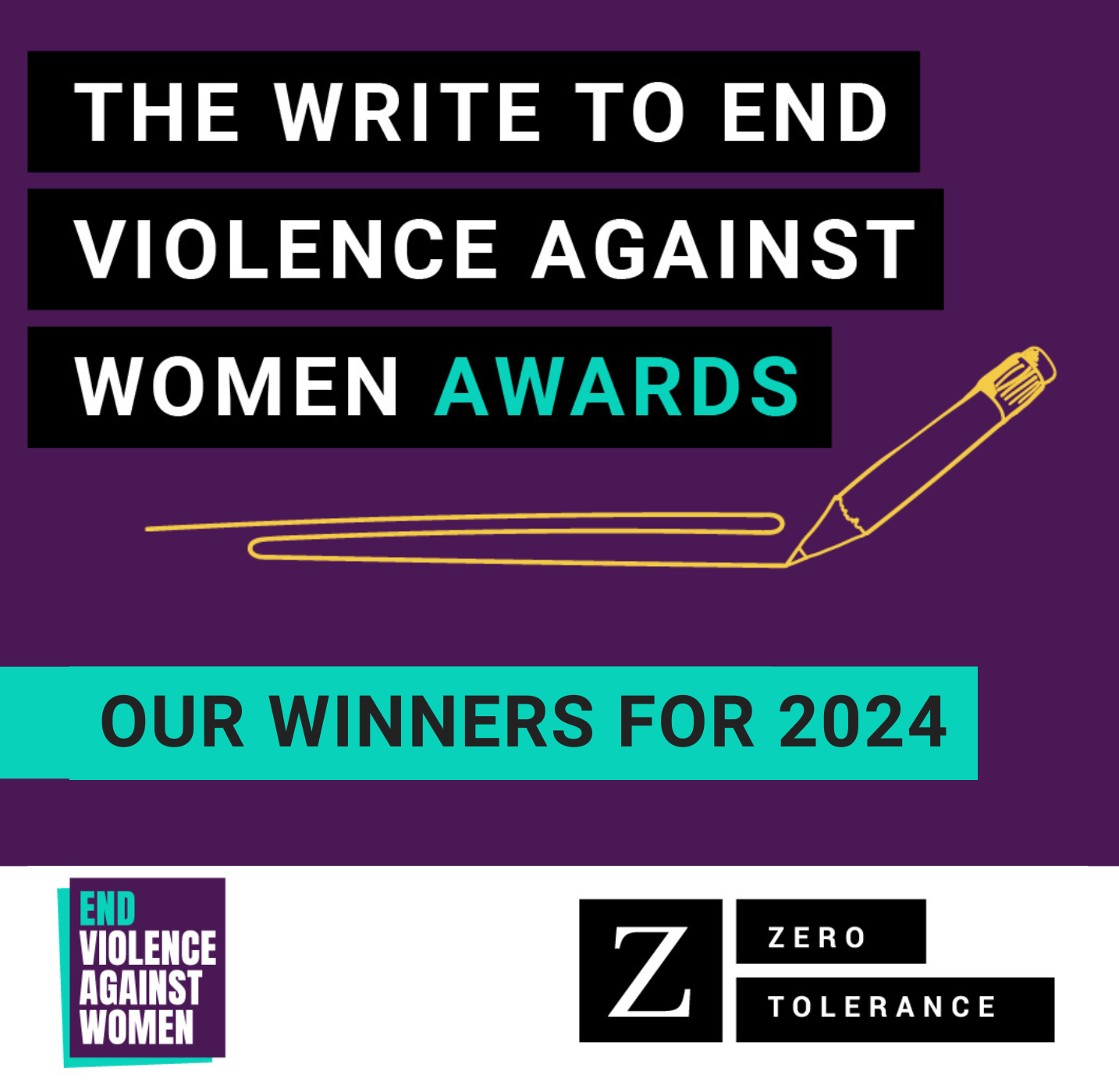 12 Dec
12 Dec
All women and girls have the right to be safe from male violence, no matter where we are from. But the government’s Nationality and Borders Bill, currently being considered by MPs in the House of Commons, will punish and criminalise women and girls seeking refuge from violence and abuse. Proposals in the Bill also risk subjecting survivors to further abuse and trauma in the UK.
The End Violence Against Women Coalition has written to the Public Bill Committee to object to the government’s claim that the Bill will help women and girls fleeing violence.
To the contrary, many of the proposals will seriously undermine the government’s commitments to prevent and address violence against women and girls (VAWG). The proposals include introducing additional thresholds that survivors must meet in order to gain refugee status, and punishing women who are unable to disclose their history of violence and abuse immediately.
The government is already failing to meet international standards for responding to VAWG. This is primarily due to its failure to ratify the Istanbul Convention and provide equal protection for migrant women experiencing VAWG, as highlighted by the Step Up Migrant Women Campaign.
Migrant survivors are already excluded from many legal protections and often face an unacceptable choice between staying in an abusive situation or risking destitution, detention and deportation. The Borders Bill will further erode the UK’s record on VAWG and leave even more women and girls at risk of abuse.
Women for Refugee Women are leading the campaign to highlight how the Bill will impact women. EVAW supports this campaign and together, we have created a template to support other specialist women’s organisations to write to the Public Bill Committee. We encourage the specialist women’s sector to use the template and highlight our collective opposition to the Bill.
Some of the key clauses we are concerned about include:
- Clause 30: Introducing a restricted definition of ‘particular social group’, a ground in the Refugee Convention frequently relied upon by survivors to obtain refugee status. The proposal will mean a person has to meet two criteria to prove they are a member of a ‘particular social group’, rather than one. This change would result in more women being wrongly refused asylum.
- Clause 10: Creating a two-tier system of refugees, based on a person’s route to the UK and the speed of making their claim. A woman categorised into ‘group 2’ would have ‘temporary protection status’, with no automatic path to settlement, limited access to public funds and restricted family reunion rights. This proposal takes no account of the desperate circumstances in which many women are forced to flee their country of origin or of the way in which VAWG shapes their journey into the UK and the extent to which they can adhere to complex and changing rules. It also flies in the face of long-standing evidence about the difficulties that women face in disclosing their experiences of violence, abuse and trauma. It is an unacceptable proposition that women be punished for failing to disclose these histories immediately.
- Clause 11: The expansion of asylum accommodation centres. These centres negatively impact women seeking asylum, many of whom are survivors of rape and other gender-based violence. These environments are wholly inappropriate and often re-traumatising for survivors; confining women to places where they feel trapped, unsafe and restricted often shares many parallels with women’s experiences of having been imprisoned and controlled. The lack of privacy in such centres is also likely to impact on women’s ability to disclose sensitive information about their history as part of their claims for protection.
- We also object to the detention and off-shore processing of people seeking asylum. There is already extensive evidence about ‘sexual impropriety’ towards women held in detention centres such as Yarl’s Wood, and of sexual violence towards women held offshore in Australia. It is indefensible for the UK government to put women at risk in this way.
If the government is committed to preventing and addressing VAWG, it cannot proceed with this Bill – which risk revictimising women survivors.
While our submission to the Nationality and Borders Bill Committee outlines our specific concerns around VAWG, we join a wide cross-section of society in opposing the Bill for its punitive and discriminatory approach to those seeking refuge in the UK.
Recommended ARTICLES
 12 Dec
12 Dec
 25 Nov
25 Nov
 15 Nov
15 Nov

